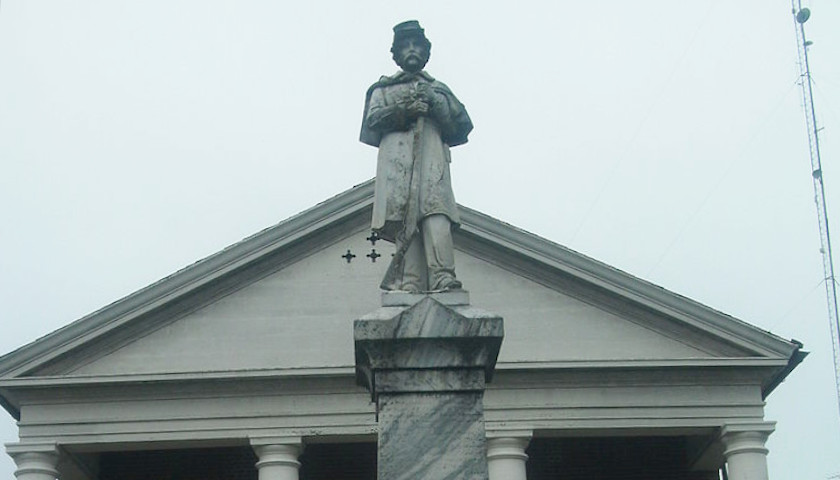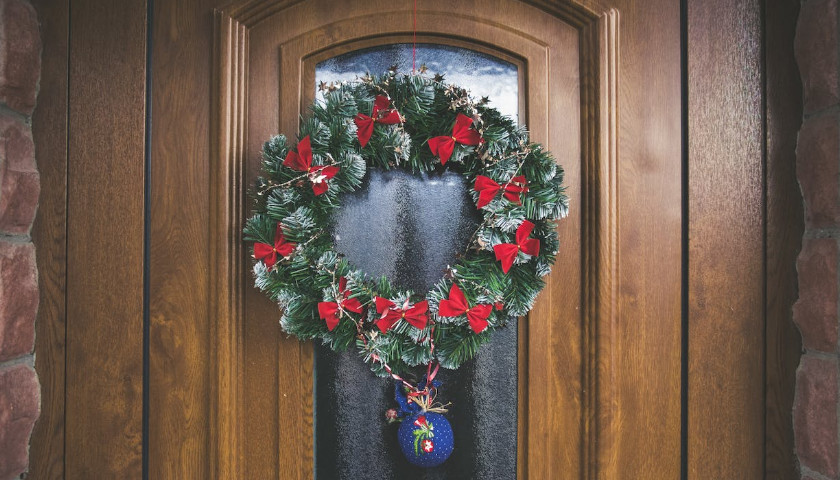Three Virginia counties voted against referenda to remove local confederate monuments, continuing a pattern begun in 2020 when voters in six counties also voted to keep their monuments. Mathews County voted resoundingly against removal, 80.06 percent to 19.94 percent. Middlesex County voted 77.31 percent against removal, and Nottoway County voted 67.84 percent against removal.
In 2020, the Virginia General Assembly authorized local officials to remove their monuments after following a required series of waiting periods and public hearings. The General Assembly also authorized holding the optional referenda. The referenda are advisory and non-binding, but they demonstrate the public will to the county boards of supervisors; none of the counties that voted against removal last year have removed their monuments. That’s likely to continue due to the strong local support for the monuments shown in the 2021 referenda.
Other localities have removed their monuments without referenda. In 2020, 13 localities removed their monuments without referenda. In 2021, two high-profile monuments of Robert Lee were removed from city centers in Charlottesville and Richmond with the approval of the Virginia Supreme Court. According to a September 2021 list from The Virginia Public Access Project (VPAP), Eastville and Isle of Wight also removed monuments in 2021.
“At the beginning of this week I felt like I was interviewing county as much as they were interviewing me, and I’ve got to tell you, I’m a little disappointed that 75 percent see no problem with a Lost Cause monument 111 years later standing on public ground where we pass ordinances that are intended to apply to all equally,” Middlesex County Supervisor John Koontz said.
Koontz led the charge in Middlesex County, initially seeking to remove the monuments without a referendum. After public backlash, the board voted to hold the referendum in a 3-2 vote; Koontz said he barely got the third supervisor to support even holding the referendum.
“I really was hoping to see something to where I could have made a case to other board members to join me, if it was 40-50,” Koontz said.
“I do not think the votes are there to go against 80 percent of the population, specifically with the two that will be up in two years,” Koontz said. “I might have been able to pull one lame-duck retiring vote and made it a three-two-one, and probably put my family in some jeopardy because it’s been that raw.”
After the referendum results, Koontz doesn’t think the board will remove the monument.
Koontz barely defeated a write-in opponent in Tuesday’s election, earning 52.50 percent of the vote. He said that his advocacy for monument removal was the major issue in that election.
“The reality is, we did two referendums, one on whether or not to remove the monument, and the other on whether or not to remove the guy talking about the monument. And it was split,” Koontz said.
Koontz said he’s not giving up on advocating for minorities.
“One of the things that was commonly said was, ‘This is erasing history.’ And if I take those people at their word it suggests that they’re interested in history. And so I’ve formed a minority committee that will be advising me. For new business at the end of every monthly meeting, I’ve pledged to include three minutes of their minority report on Middlesex history in the African-American community in particular. Anything they think the community needs to know about that history I will parrot for three minutes in each meeting going forward,” he said.
County supervisors from Nottoway and Mathews did not return a request for comment.
The VPAP lists over 80 localities where confederate monuments remain. In addition to Mathews, Nottoway, and Middlesex, VPAP reported that officials in King George, Salem, and Tappahanock are also deciding about their monuments.
– – –
Eric Burk is a reporter at The Virginia Star and The Star News Network. Email tips to [email protected].
Photo “Nottoway County Courthouse” by self. CC BY 3.0.







